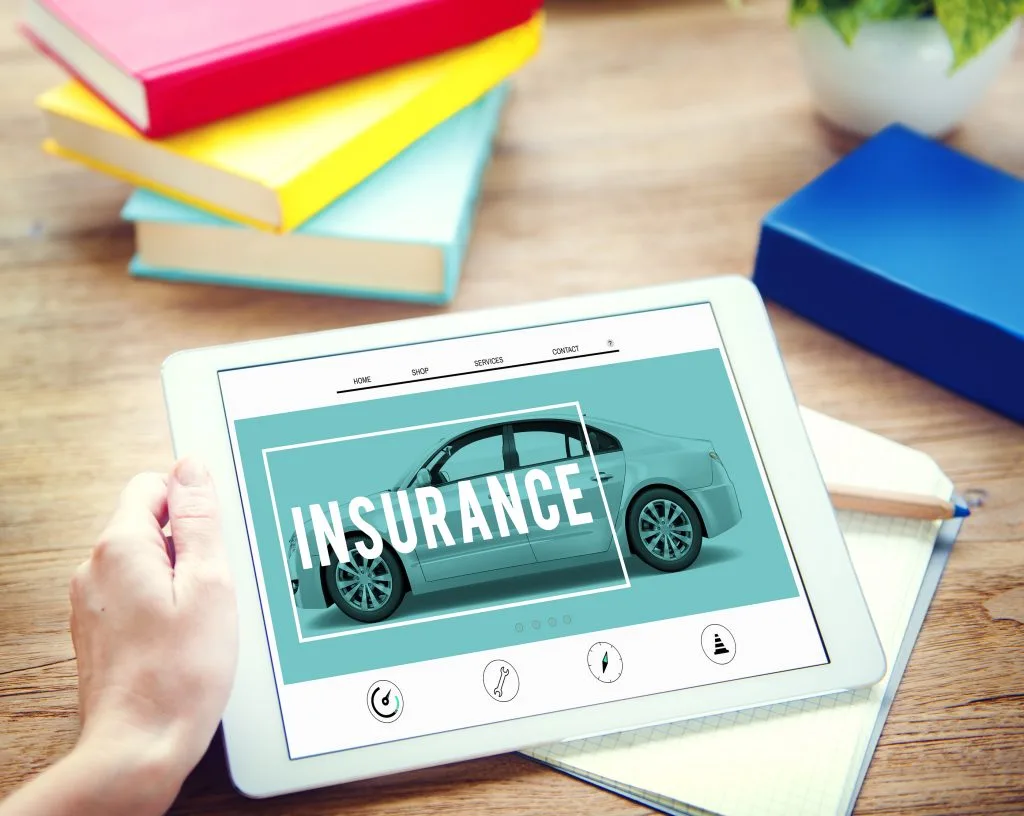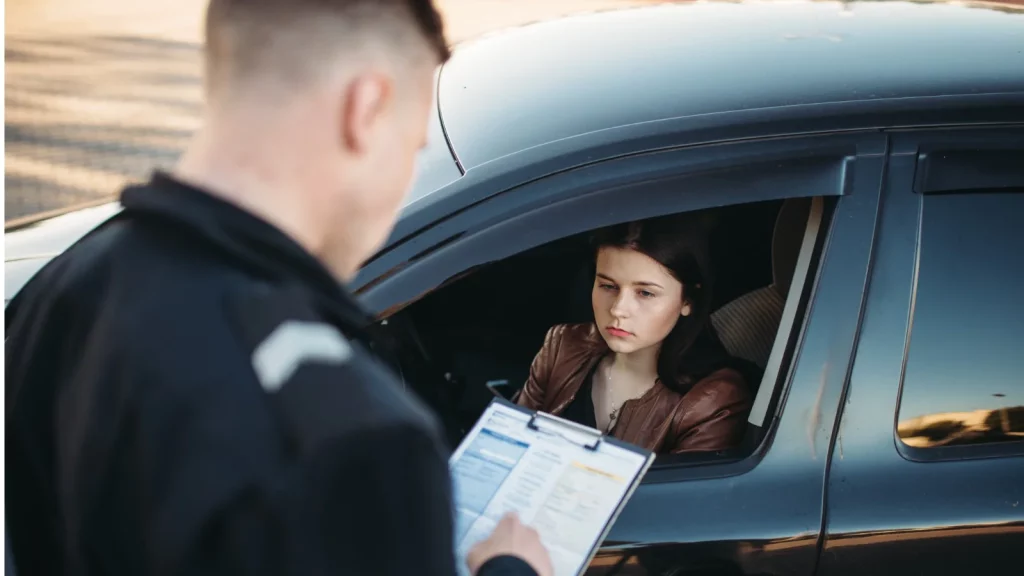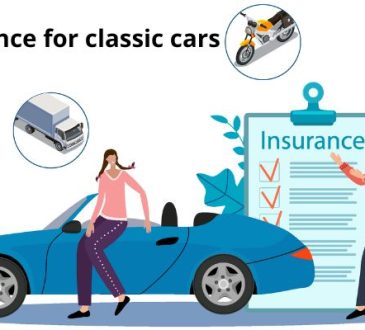
Florida is the third most populous state in the country and has more than 14 million licensed drivers on the road. If you live or are moving to Florida, you should learn more about what it’s like to drive in the state and what its auto insurance laws are like. What are the Florida car insurance laws like? Read this article to get more information.
Brief About Florida car insurance laws
In Florida, it is common to see a variety of cars. Many Floridians live on or near the coast, so locals often ride non-traditional “vehicles” like water bikes, golf carts, go-karts, and more. Despite the fact that these types of vehicles do not require insurance, the state of Florida requires that all conventional 4-wheelers have a minimum level of auto insurance.
What are the Florida car insurance requirements?
Florida has some of the lowest auto insurance claims in the country, which means that Florida drivers who receive only the minimum coverage required may not have enough coverage to be protected. in an accident. Unlike most states, Florida does not automatically require motorists to have bodily injury liability insurance (it’s insurance that covers other drivers’ medical expenses) when you cause an accident). But in some cases, such as if you commit certain traffic violations, you may have to purchase bodily injury liability insurance. Florida car insurance laws are relatively straightforward:

- Car insurance is legally required: Florida drivers must purchase no-fault coverage before they can legally register and operate their vehicle in the state.
- Insurance must be purchased from a licensed provider: Florida motorists must purchase car insurance from a licensed Florida insurance company.
- Continuity Insurance: Vehicle owners must maintain continuous insurance for the duration of their registration, regardless of the vehicle’s location. Military personnel are the only exception.
- Cancellation: Florida drivers moving out of state must surrender their license plates and registration before canceling their policy.
In addition, Florida auto insurance requirements state that the minimum no-fault coverage amount you must carry is:
- $10,000 in personal injury protection
- $10,000 in property damage liability insurance
Personal Injury Protection Insurance (PIP)
Personal Injury Protection, also known as PIP, is auto insurance that covers your personal medical expenses up to the limit described in the PIP policy. Personal Injury Protection (PIP) pays for your medical expenses, regardless of your fault. PIP only covers 80% of the cost of care in Florida. If you are injured in a collision, you will have to pay the remaining 20% with health insurance or your own money. You can purchase $10,000 worth of PIP coverage per accident, but you won’t be able to increase your limit. This coverage also includes a $5,000 death benefit and a disability benefit that reimburses policyholders for 60% of lost income if they are unable to work due to an injury.

Property Damage Liability Insurance ( PDL)
Property Damage Liability is responsible for paying to repair someone else’s property if you are at fault in an accident. For example, if you lose control of your vehicle and crash into the rear of another driver, property damage liability insurance will cover repairs to the other vehicle. Note that this insurance does not cover damage to your car or personal property. The required liability insurance in Florida is at least $10,000, which is a very low amount and will likely not be enough to cover damages in a larger accident so motorists are advised to purchase insurance higher risk if they can afford to pay.

Florida’s penalties for driving without car insurance
Florida car insurance laws requirement state that all motorists must have at least the required minimum coverage. Failure to comply will result in penalties, sanctions and other consequences. Uninsured drivers in Florida who are caught can have their driver’s license and registration suspended for up to 3 years. They can also be fined $150-$500, depending on whether the offense is first or not.

In addition, motorists who fail to provide proof of insurance documentation when required by law enforcement may have their driver’s license suspended for up to three years. After your license is suspended, you may have to purchase FR-22 coverage to get your license back. In addition to legal penalties, there are potential financial consequences of driving without insurance. If you are at fault in an accident, you will not have car insurance to pay for any damage you cause. That means you will probably lose a huge amount of money to pay for compensation or car repairs.
Conclusion
That is the basic information about Florida car insurance laws. If you have just moved to Florida, this knowledge is extremely useful to you and should not be ignored. it helps you understand more about your responsibilities and rights while driving in this state. It is also a way to make you more secure when traveling on the road.
Read more:




